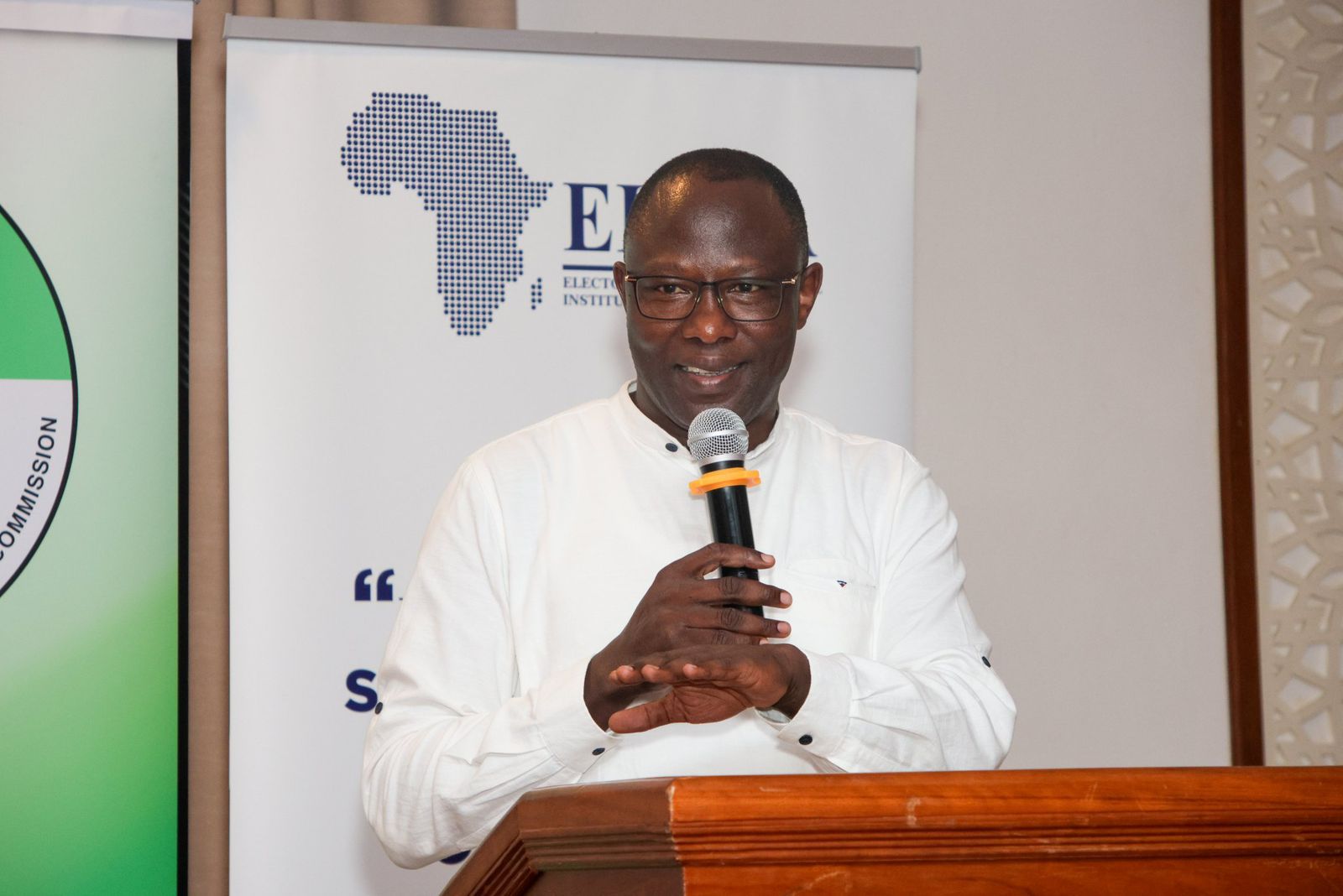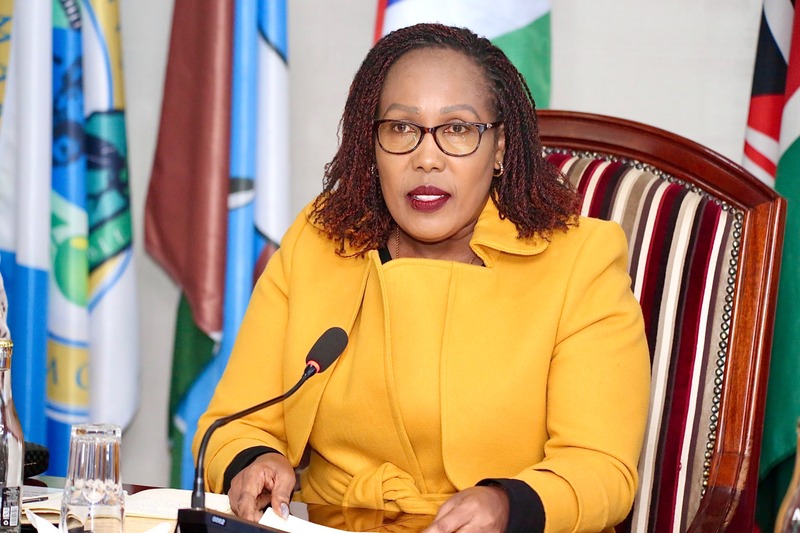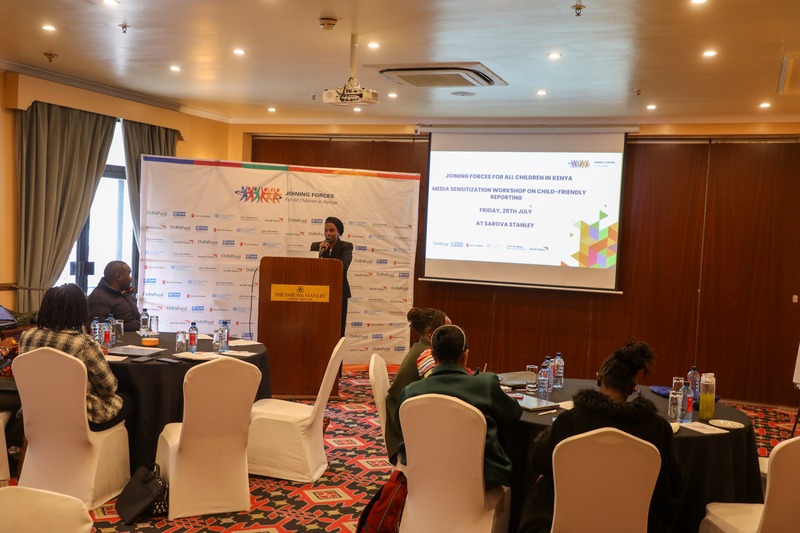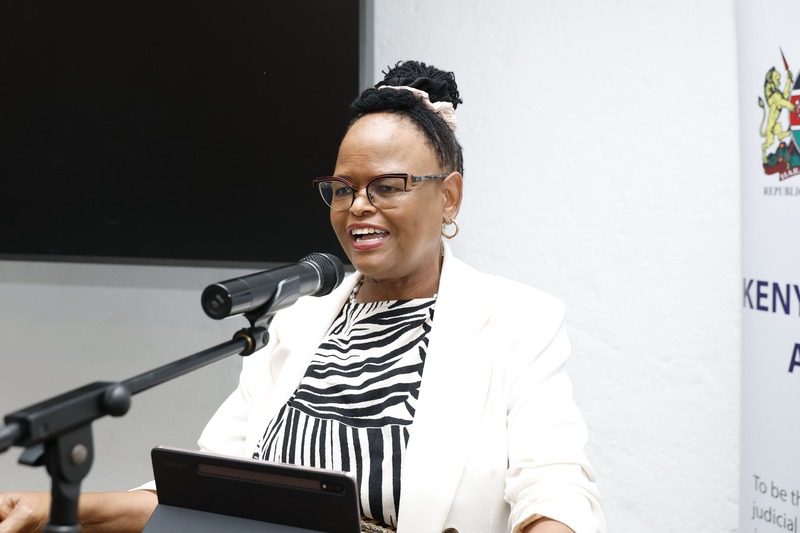HELB boss reveals why 40 per cent of disbursed funds fail to reach university students on time
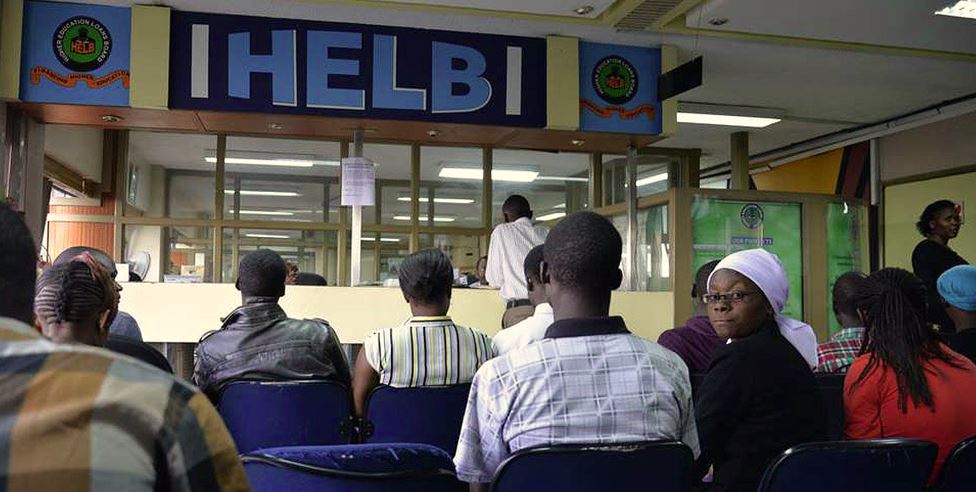
Nearly 40 per cent of HELB funds disbursed to university students fail to reach them on time, as many provide incorrect account details or change their mobile numbers after applying for loans.
Higher Education Loans Board (HELB) CEO Geoffrey Monari has disclosed that inaccurate details are among the challenges preventing students from receiving their loans on time.
More To Read
- Audit exposes gaps in university funding, shows how deserving students miss out
- KMTC results released, applicants urged to confirm KUCCPS placement
- HELB turmoil deepens as Chairperson Ekwee Ethuro, CEO Geoffrey Monari clash over Sh12.9 billion shortfall
- Universities Fund faces Sh9.6 billion deficit as pending bills soar to Sh72.2 billion
- HELB tightens portal rules, orders minor applicants to update national ID details
- TTC student loans proposal unsustainable without dedicated sector budget, HELB warns
Speaking before the National Assembly Education Committee on Thursday, Monari explained that a substantial portion of students who opt for mobile money transfers provide incorrect phone numbers, leading to delays.
“We have also made it possible for students to receive their money through mobile money. However, the challenge we face with this is that some of the students keep changing their phone numbers,” Monari said.
According to the HELB CEO, students often register one phone number during the application process but switch to a different one by the time of disbursement. As a result, nearly 40 per cent of the funds sent out are returned to HELB due to these discrepancies.
“So, when they apply, they have a different number but when we make the payment, they have already changed the number. We find that up to 40 per cent of the disbursement comes back. We have to reroute them back when they provide the correct details,” Monari said.
To address this issue, Monari assured the MPs that HELB had strengthened its communication channels to facilitate smoother transactions. He noted that students are notified of disbursements through a text message sent to their registered phone numbers.
The delay in HELB loans had also been exacerbated by a High Court ruling on December 20, 2024, which declared the new higher education funding model unconstitutional.
The ruling barred the implementation of the model until the government ensured compliance with constitutional and legal requirements.
In response, the Ministry of Education pledged to introduce a revised tertiary education funding model, expected to be rolled out later this year.
Meanwhile, the government had committed to reverting to the previous HELB funding framework.
Last week, the government disbursed Sh1.56 billion to students and trainees for tuition and upkeep.
According to Education Cabinet Secretary Julius Ogamba, the funds are in addition to the Sh32.7 billion disbursed in the current Financial Year 2024/2025, for upkeep and tuition loans.
The funds are expected to benefit 195,522 trainees in TVET institutions and 390,612 students in universities.
Ogamba noted that beneficiary students and trainees had been notified of the disbursements through HELB's official communication channels and advised to check their portals.
“The provision of this funding will ensure that student and trainee needs are met, enabling them to continue with their academic, training, and research programmes without hindrance,” Ogamba said.
Top Stories Today



